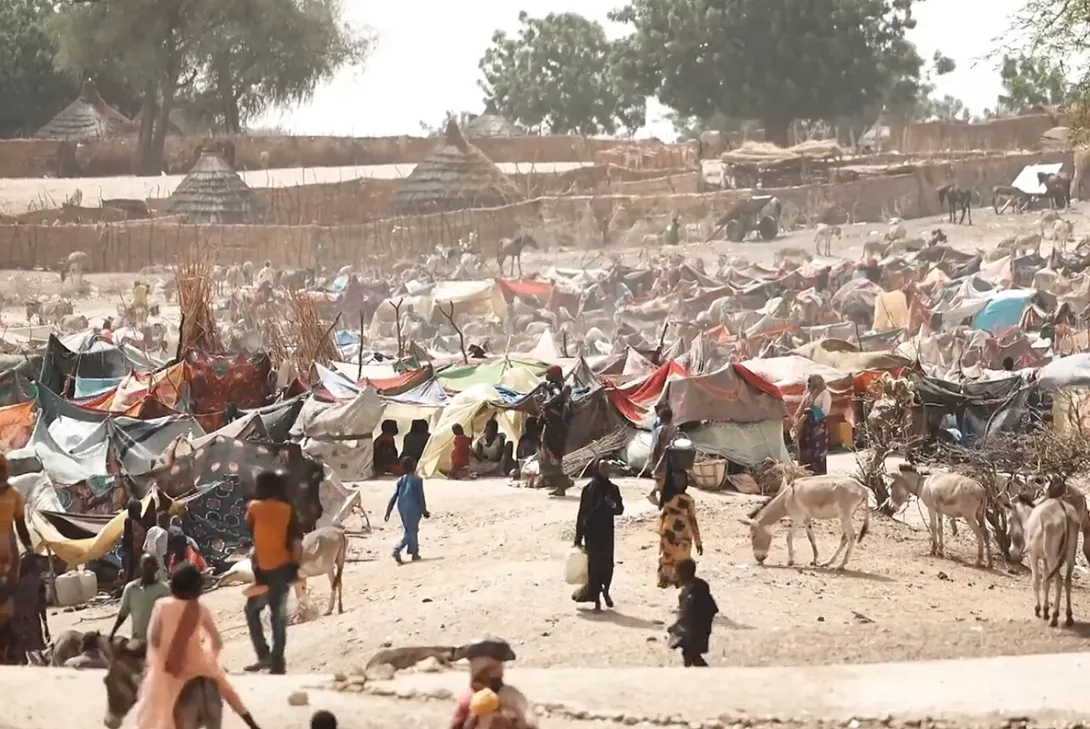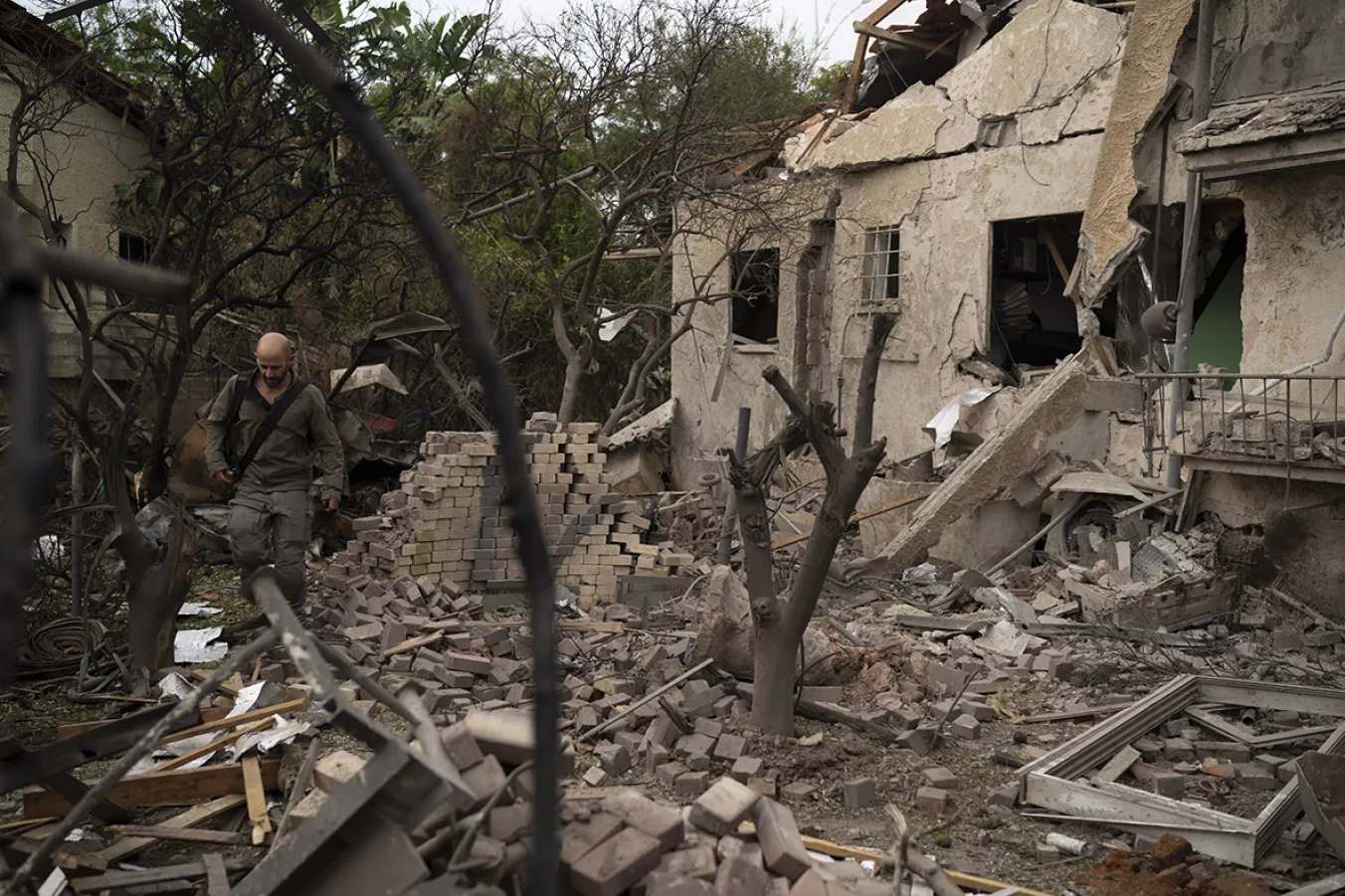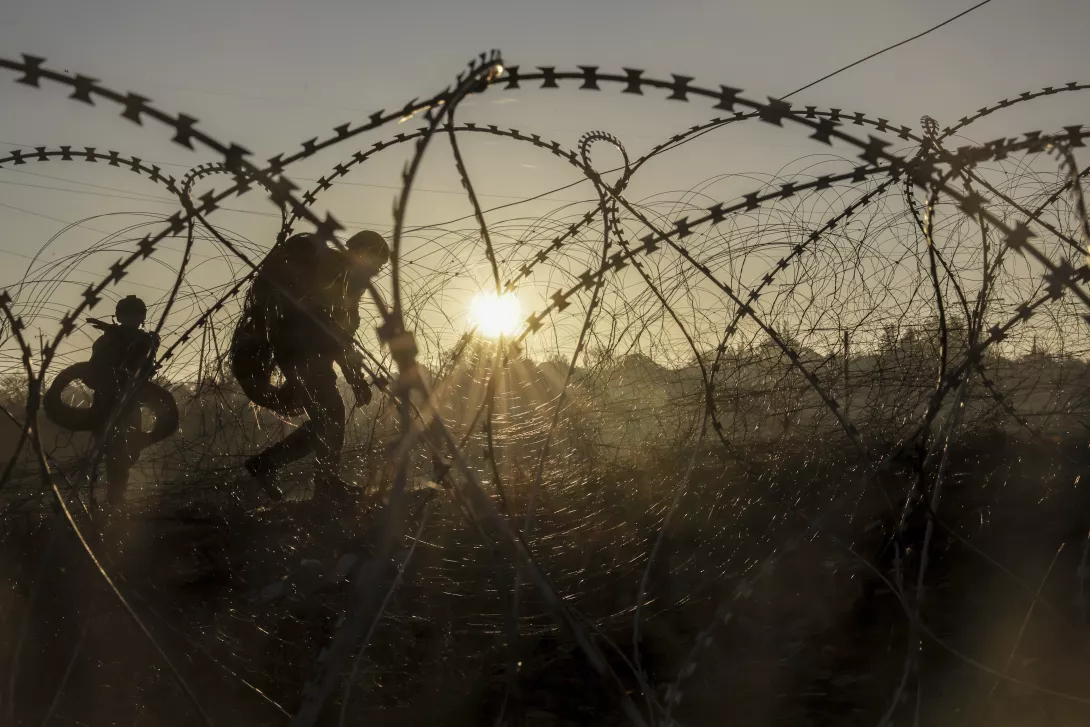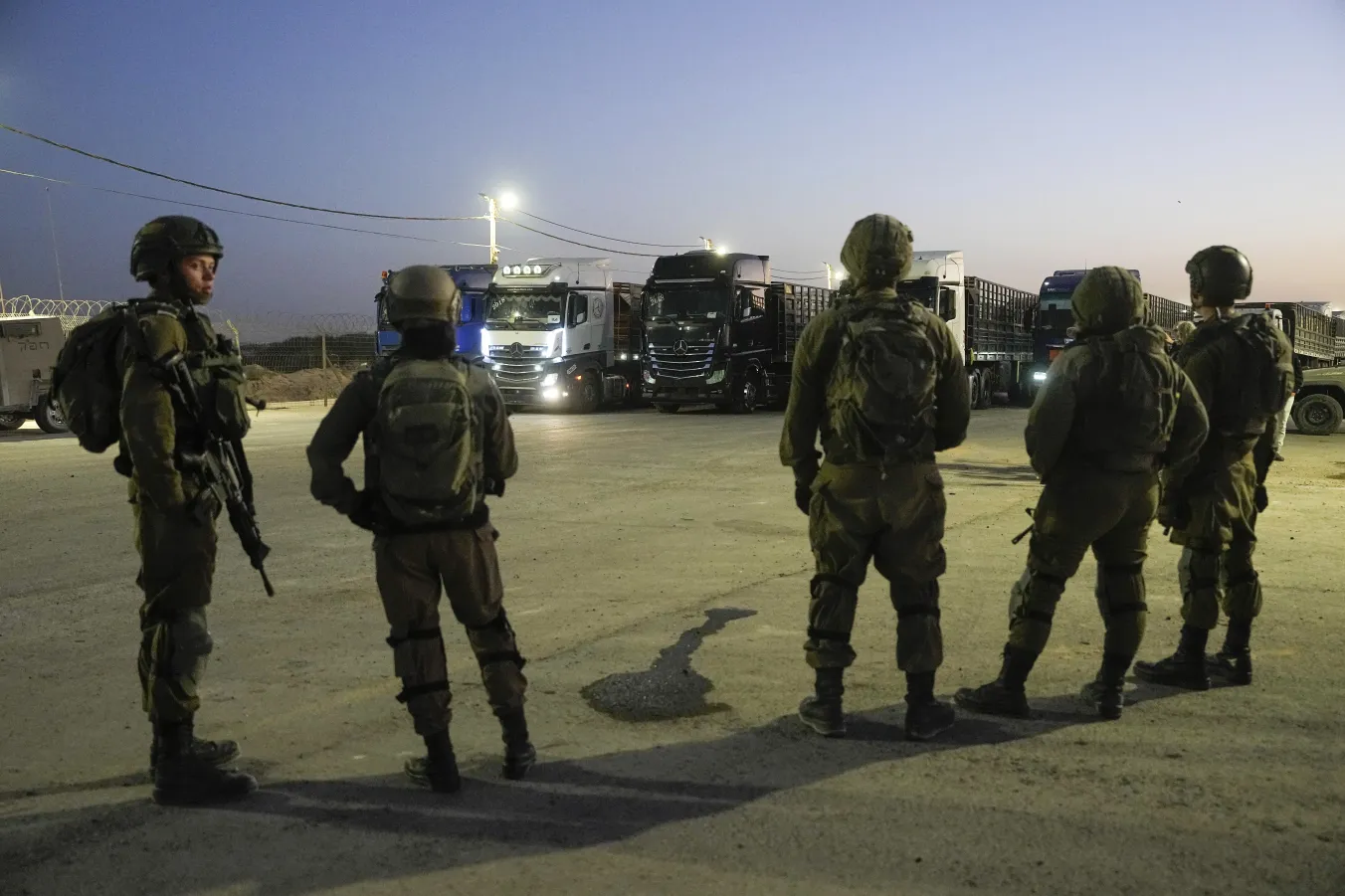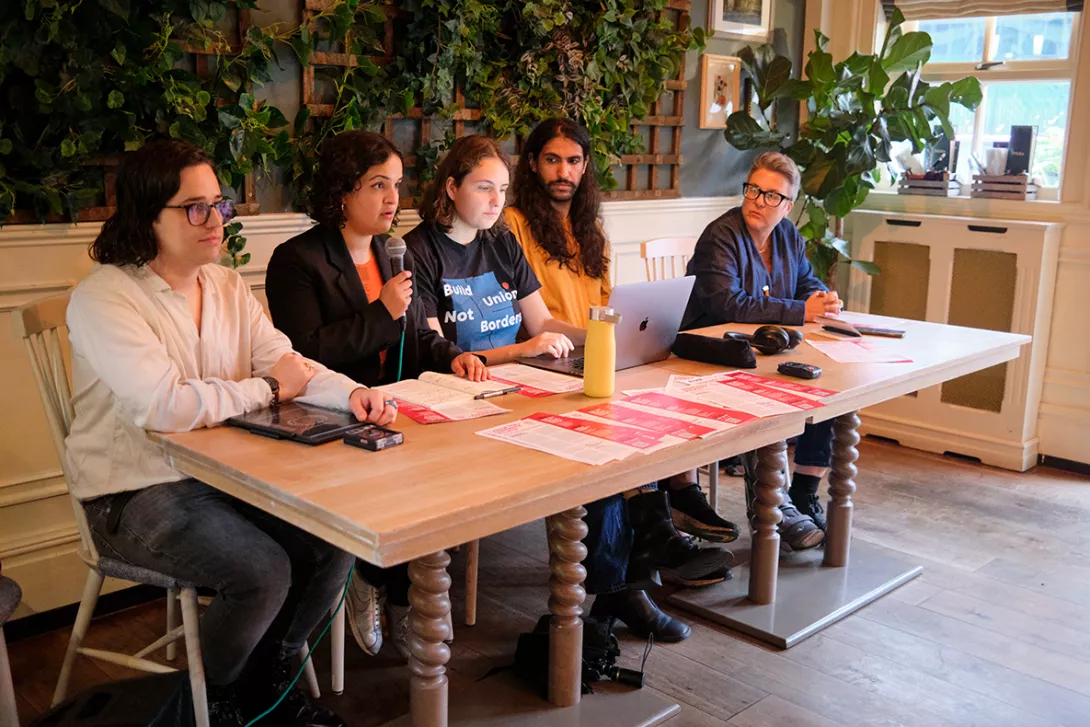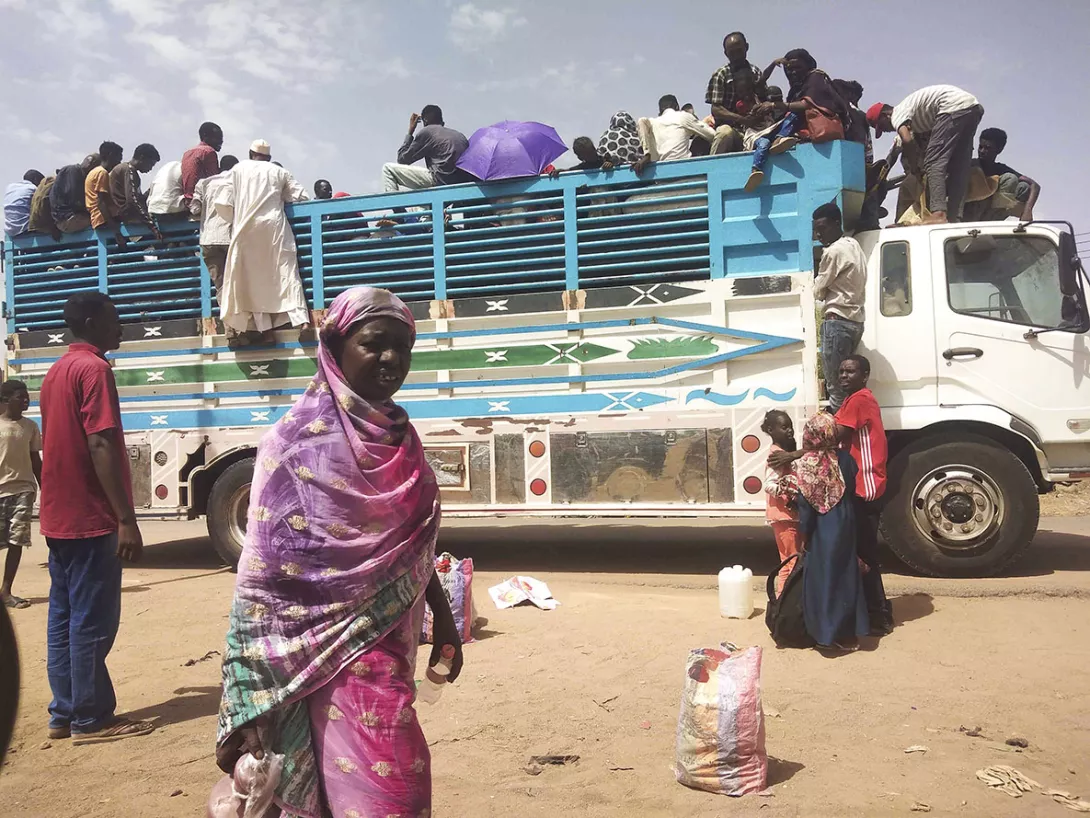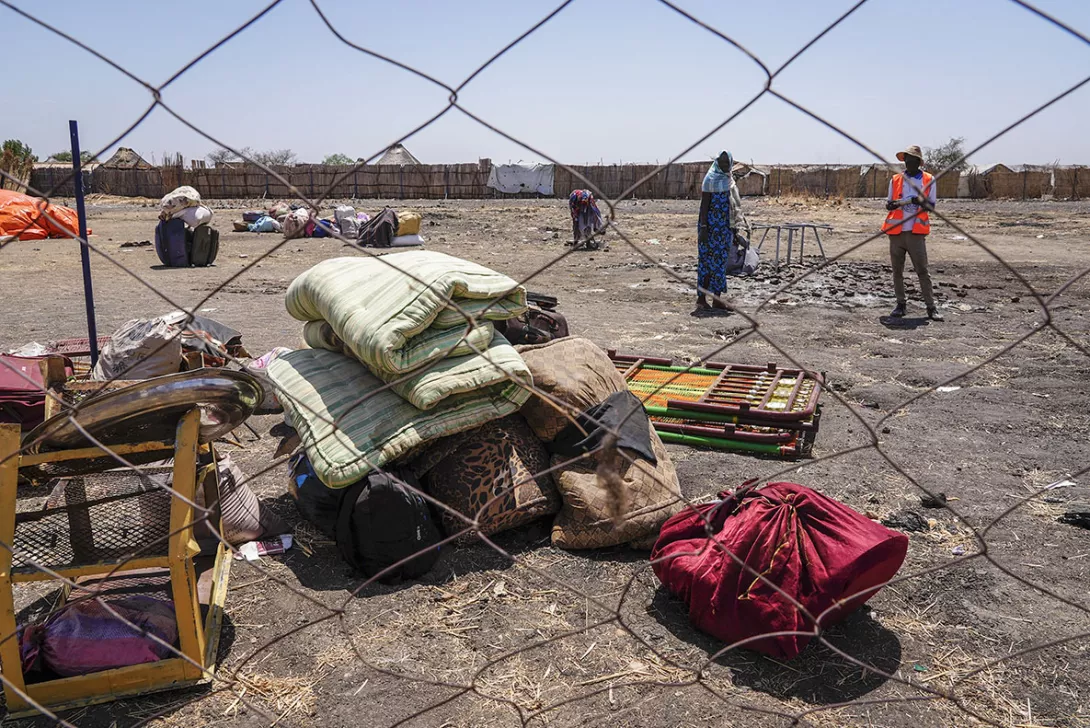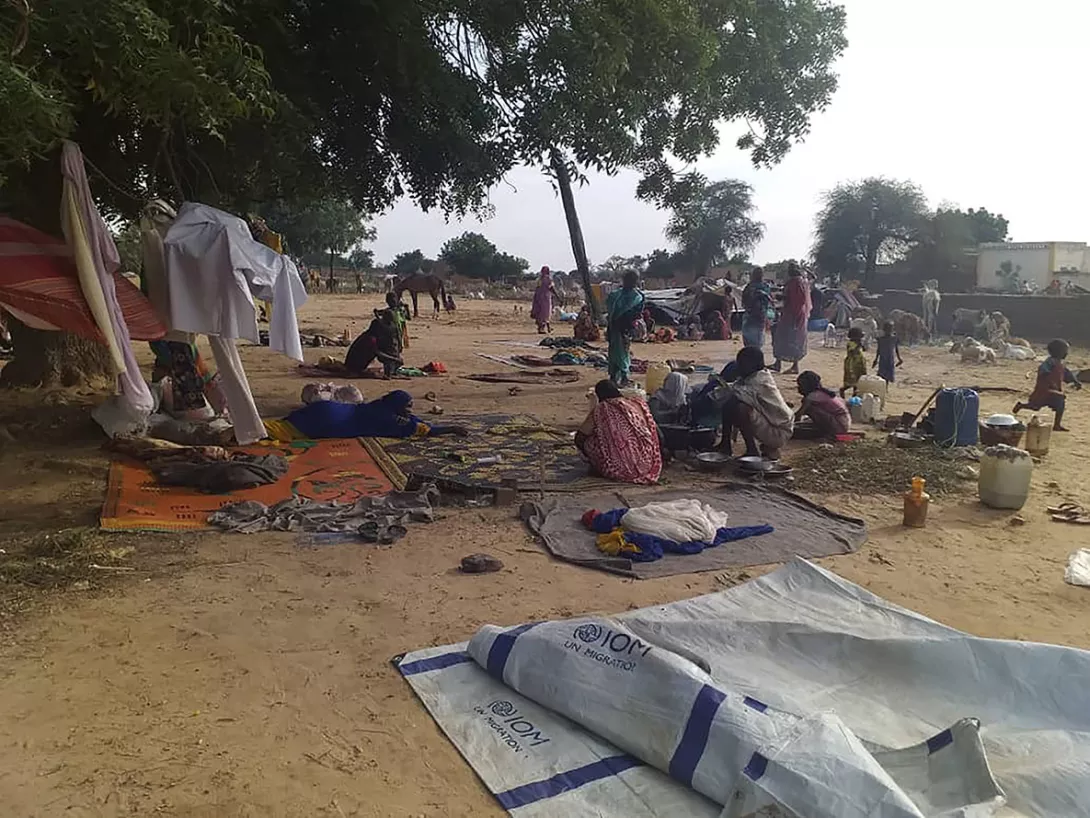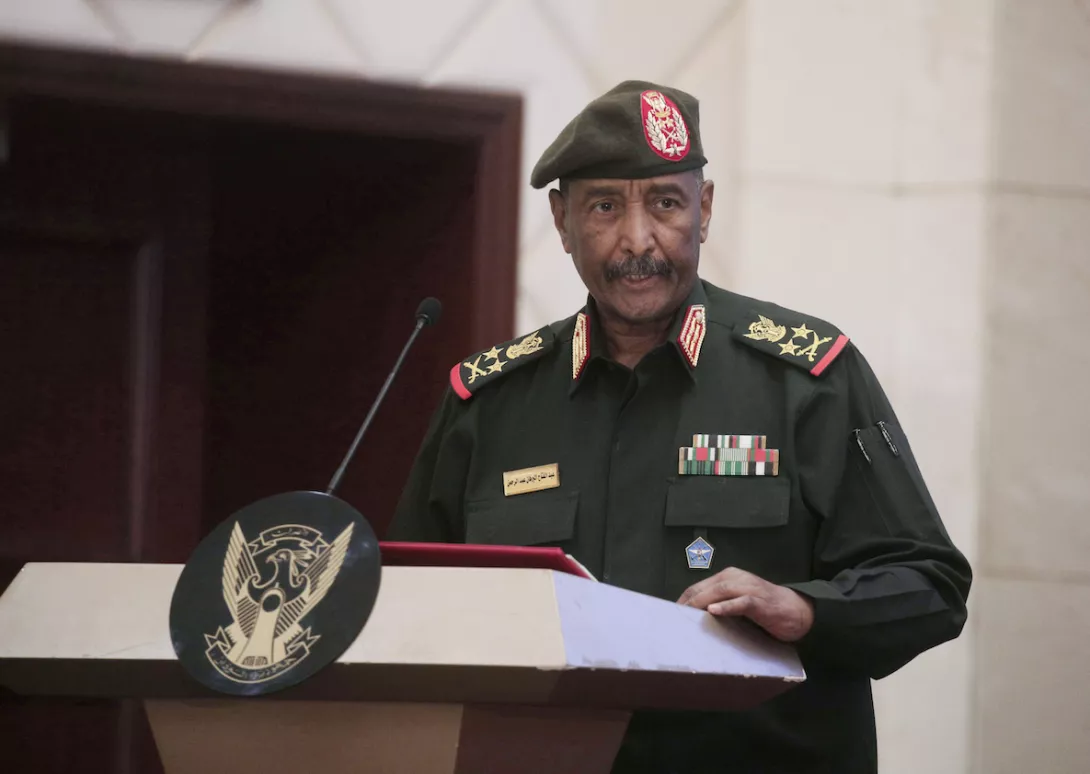
SUDAN'S warring generals have agreed to hold a face-to-face meeting as part of efforts to establish a ceasefire and end the country’s devastating war, the Inter-Governmental Authority on Development (Igad), a grouping of East African countries, said on Sunday.
Sudan slipped into deeper chaos after tensions between military chief General Abdel-Fattah Burhan and General Mohammed Hamdan Dagalo, commander of the paramilitary Rapid Support Forces (RSF), exploded into open fighting across the country in April.
The country has been in turmoil since a popular uprising forced the removal of longtime dictator Omar al-Bashir in 2019. The short-lived transition to democracy was derailed when the two generals joined forces to lead a military coup in October 2021.
The conflict has wrecked the country and killed up to 9,000 people as of October, according to the United Nations.
In a weekend meeting of East African leaders, both Sudanese generals agreed to “an unconditional ceasefire and resolution of the conflict through political dialogue” and to hold a “a one-to-one meeting,” the bloc said in a statement.
Gen Burhan, who chairs Sudan’s ruling sovereign council, attended the meeting in Djibouti, which holds the rotating Igad presidency, on Saturday. Gen Dagalo, whose whereabouts is unknown, spoke by phone with Igad leaders.
The statement gave no further details, including when and where the two generals would meet, but an adviser to Djibouti’s president, said on Sunday that the Sudanese generals “accepted the principle of meeting within 15 days in order to pave the way for a series of confidence-building measures” that would eventually lead to political talks on ending the conflict in Sudan.
There was no immediate comment from either the Sudanese military or the RSF.
When the war began, fighting initially centered in Khartoum but quickly spread to other areas, including the western region of Darfur.
More than six million people were forced out of their homes, including 1.2 million who have sought refuge in neighbouring countries, according to UN figures.
In Darfur, the site of a genocidal campaign in the early 2000s, the conflict has morphed into ethnic violence, with the RSF and allied Arab militias attacking ethnic African groups, according to rights groups and the UN.
The US State Department said earlier this month that the RSF and the Sudanese military were responsible for either war crimes or crimes against humanity, or both, in Darfur.
